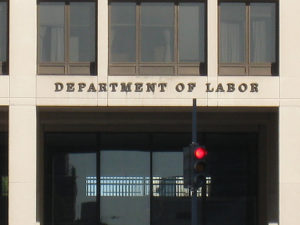If you’re like me, your brain can only handle so much during the summer months. Between vacations and the start of school, it can be easy to overlook some of the employment law developments from the last month or two. So I thought I’d use the next few blog posts to provide a catch up.










